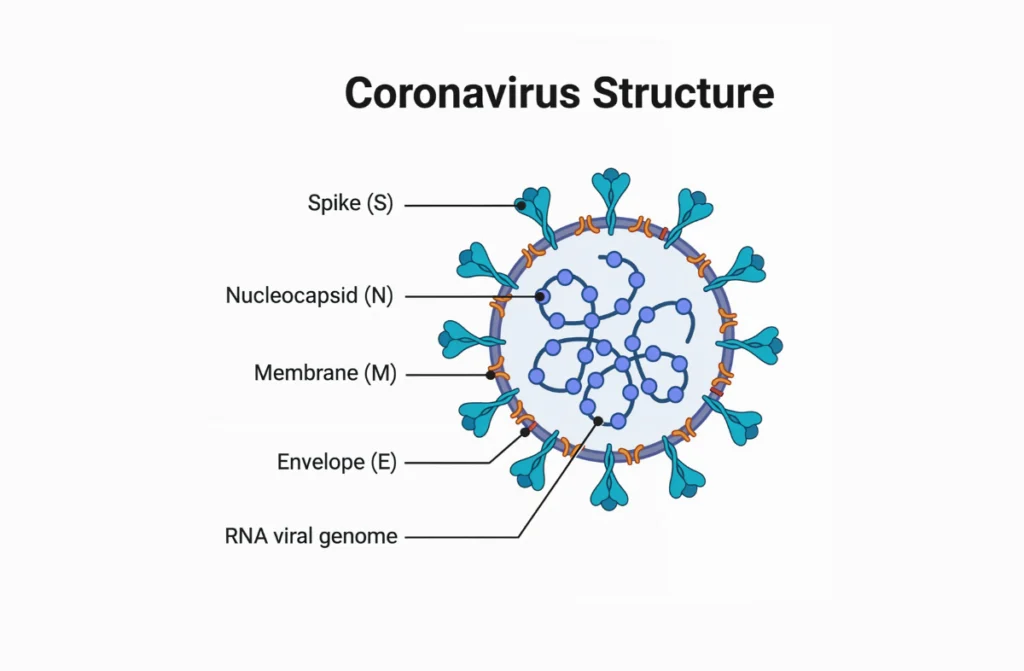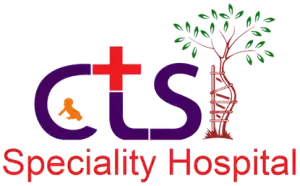COVID-19 (Coronavirus Disease 2019) is a highly contagious respiratory illness caused by the SARS-CoV-2 virus. First identified in Wuhan, China, in December 2019, it led to a global pandemic. While there is no complete cure, early diagnosis, antiviral drugs like Remdesivir and Paxlovid, and supportive care help manage symptoms and reduce severity. Most people recover with rest and hydration, but severe cases may need oxygen therapy and hospital care. Vaccination remains the most effective prevention method. Leading Coronavirus Treatment Hospitals in Chennai provide advanced care, expert medical teams, and comprehensive treatment strategies to ensure the best outcomes for patients.
What is the new COVID variant?
The newly emerged COVID-19 subvariant NB.1.8.1 has been labeled a “variant under monitoring” by the World Health Organization (WHO). It was initially reported in China in January 2025 and has since been detected in several nations, including the United States. In the U.S., infections have been found in states such as California, New York, Virginia, and Washington, mostly among international travelers entering through major airport hubs.
NB.1.8.1 falls under the Omicron umbrella and is closely tied to the JN.1 subvariant. It has been associated with an increase in case numbers in parts of the eastern Mediterranean, Southeast Asia, and the western Pacific. Despite this spread, the WHO currently considers the threat to global public health to be minimal. Notably, current vaccines still provide strong protection against serious illness caused by this variant.

COVID-19 Symptoms (As of May 2025)
Recent variants of COVID-19 have shown slightly different symptoms compared to earlier strains. Common symptoms now include:
• Fever or chills
• Cough (with or without phlegm)
• Sore throat
• Runny or blocked nose
• Fatigue and weakness
• Headache
• Muscle or body aches
• Loss of taste or smell (less common than before)
• Nausea, vomiting, or diarrhea
COVID-19 Testing at CTS Hospital
1. RT-PCR Test
• Gold standard for diagnosis
• Detects viral genetic material
• Results in 6–24 hours
2. Rapid Antigen Test
• Quick results (15–30 mins)
• Useful for initial screening
• Less sensitive than RT-PCR
3. Chest CT scan
• For patients with severe symptoms
• Detects lung issues like pneumonia
4. Antibody (Serology) Test
• Checks past infection or immune response
• Not used for active diagnosis
When to Get Tested
• If you exhibit symptoms like fever, sore throat, or fatigue
• If you’ve been exposed to a confirmed COVID-19 case
• Before travel, surgery, or hospital admission (as per guidelines)
Home Test Kits: Available and easy to use, but confirmatory lab testing is advised in case of a positive result or ongoing symptoms.
Treatment & Management at CTS Hospital
• Antiviral Treatment: Medications like Paxlovid are offered to high-risk patients and are most effective within 5–7 days of symptom onset.
• Symptom Management: Mild cases are treated with rest, fluids, and over-the-counter medicines.
• Medical Care: Patients with worsening symptoms or underlying conditions should seek immediate care. Our specialists at CTS Hospital are available for both outpatient and inpatient support.
Causes of COVID-19 Spread and Severity (Original & New Variants):
1. Airborne Virus-Laden Particles: Tiny virus-containing droplets are released during activities like speaking, coughing, or sneezing. In poorly ventilated spaces, these particles can linger in the air, increasing the likelihood that others nearby will breathe them in.
2. Asymptomatic Spreaders: People who carry the virus without showing symptoms can still infect others unknowingly. This silent transmission is especially common during the early phase when viral levels are highest.
3. Continuous Viral Evolution: Mutations seen in variants such as NB.1.8.1 help the virus evade parts of the immune response, allowing it to spread more easily and potentially weaken the protection offered by prior infection or vaccination.
4. Crowded Indoor Locations: Places where many people gather indoors—like buses, conference halls, or workplaces—create environments that facilitate close contact and increase infection risk due to limited fresh air circulation.
5. Incomplete or Irregular Vaccination: When vaccine coverage is patchy or booster doses are missed, vulnerable groups remain at risk. This is particularly critical for people with underlying health issues or compromised immune systems.
Prevention & Safety Guidelines
• Vaccination: Stay up to date with all COVID-19 vaccine doses, including recommended boosters.
• Mask-Wearing: Especially important in crowded or poorly ventilated spaces.
• Hand Hygiene: Wash hands frequently or use sanitizer.
• Social Distancing: Maintain safe distance in public places.
• Stay Informed: Follow public health updates and guidance from trusted sources.
Old vs New COVID-19: Symptom Comparison
Original Strain (2019/2020):
• High fever
• Dry cough
• Shortness of breath
• Severe fatigue
• Loss of taste or smell
• Chest pain in some severe cases
Newer Variants (e.g., Omicron, JN.1):
• Mild fever
• Sore throat
• Runny nose
• Sneezing and coughing with phlegm
• Fatigue and body ache
• Headache
• Diarrhea in some cases
• Loss of taste/smell less common
Conclusion
At CTS Hospital, your health and safety remain our top priority. COVID-19 continues to evolve, but with proper care, timely diagnosis, and preventive action, we can effectively manage the risks. Stay alert, follow safety protocols, and reach out to CTS Hospital for COVID-19 testing, treatment, and vaccination services.
